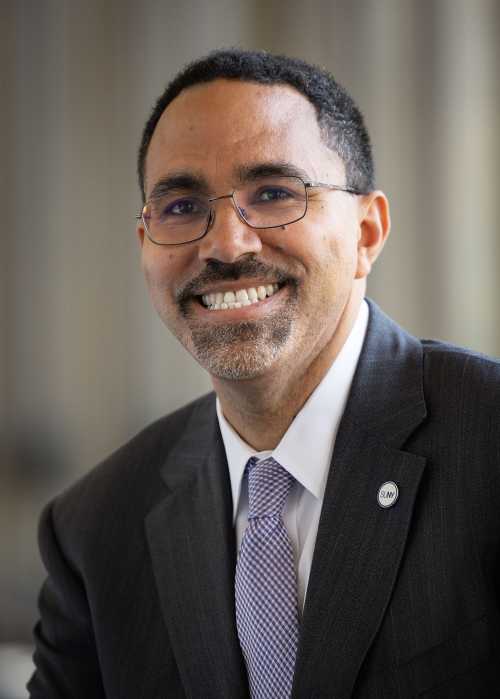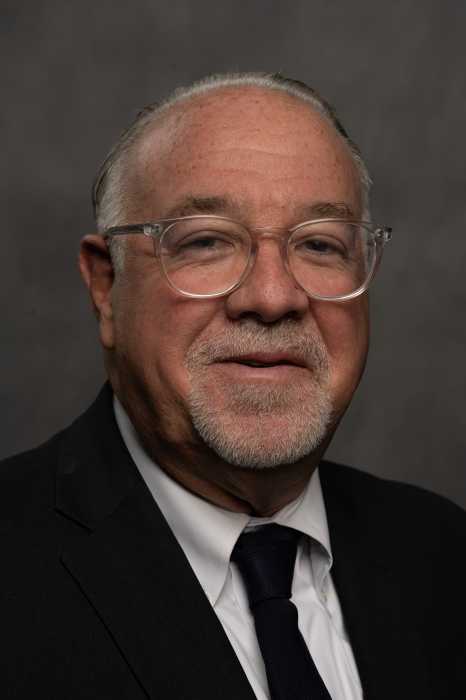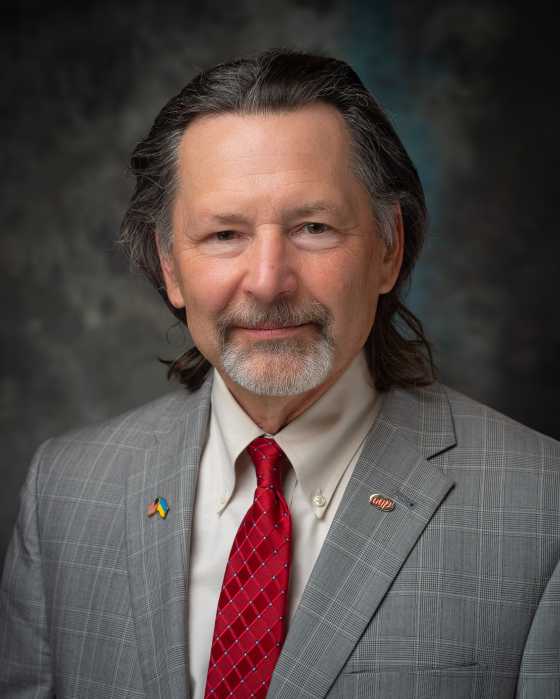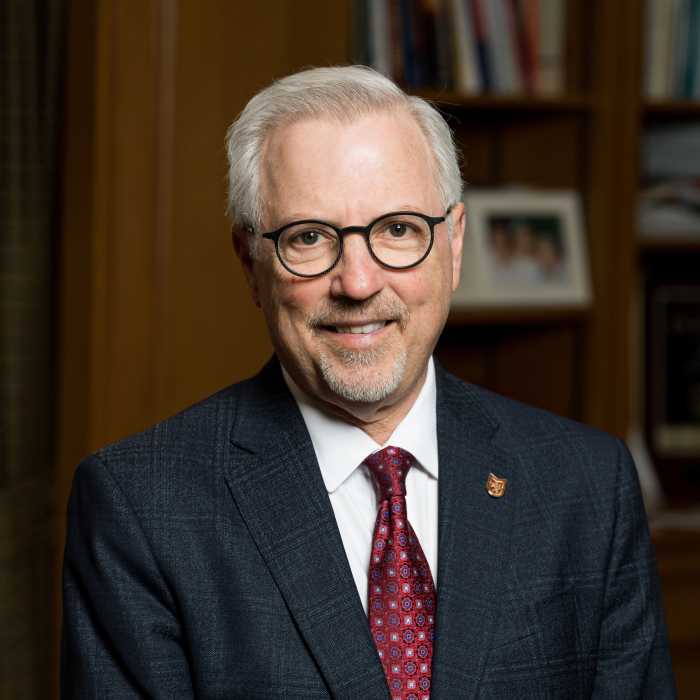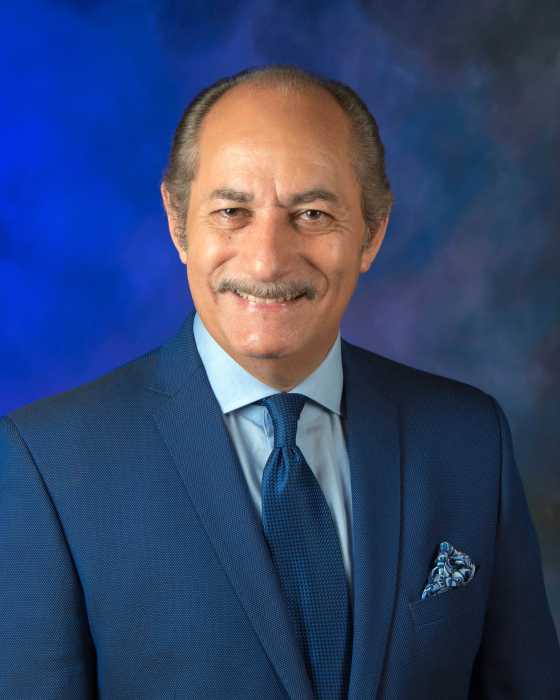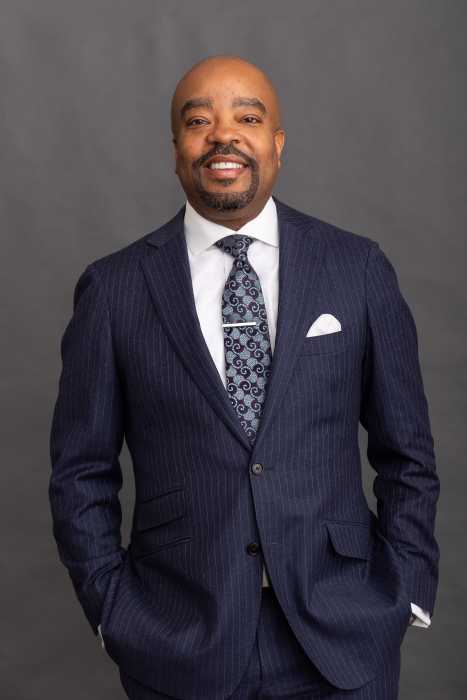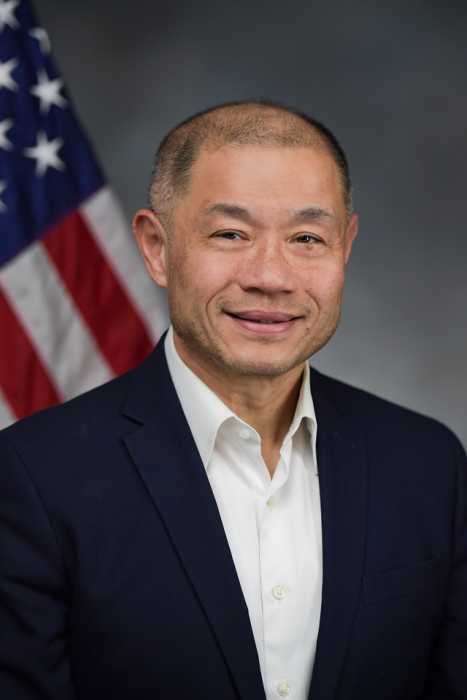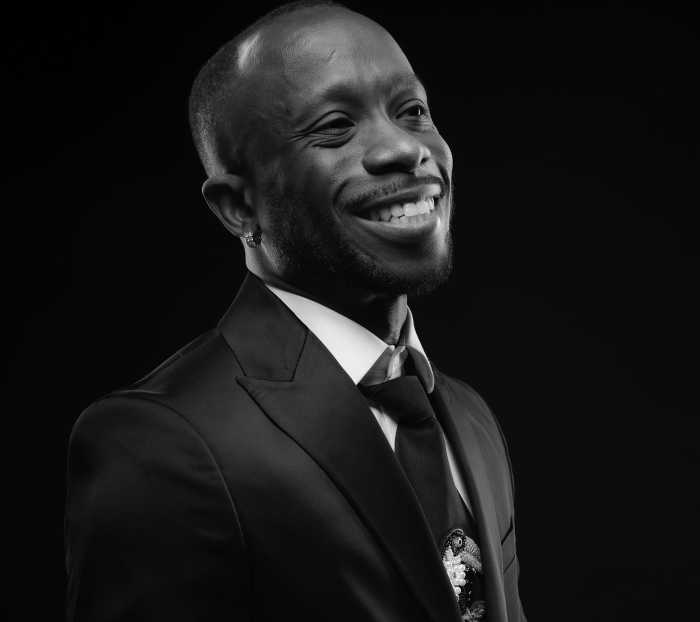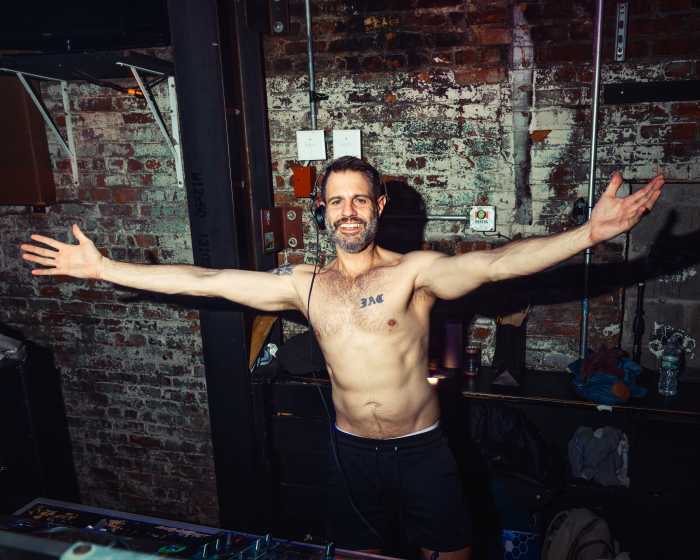John B. King Jr. is the 15th chancellor of the State University of New York, the largest comprehensive system of public higher education in the United States. Prior to his appointment as SUNY chancellor, King served as president of The Education Trust and as the 10th United States secretary of education under President Barack Obama, and as New York’s first Black and Hispanic state education commissioner.
How has the educational landscape changed in recent years and what are your hopes for its future?
We have seen challenges from the current federal administration in terms of hostility to higher education, especially with cuts to student services and the cancellation of research grants. Despite these challenges, SUNY will continue to uphold our core values and principles, and we will work to ensure our campuses remain welcoming for all students. Thanks to the support of Governor Hochul and state leaders, I remain hopeful that SUNY will continue to thrive and be an example of research excellence.
What do you most enjoy about working in education?
Public school teachers played a vital role in my early life growing up in Brooklyn, which helped inspire me to become an educator myself, and gave me a deep appreciation for the transformative power of education. From working in the classroom, to serving as President Obama’s secretary of education, to my current role as chancellor of the SUNY System, I have always found joy in supporting students and empowering them to achieve their goals academically, professionally, and as future leaders.
As this year comes to an end, what are your goals for 2026?
Thanks to the support from Governor Hochul and state leaders, SUNY has been able to support our students’ success through wraparound support programs like ASAP|ACE, expanded internship opportunities, and the launch of SUNY Reconnect which provides free community college for adult learners pursuing degrees in high-demand fields. We have also made historic investments in cutting-edge research that can improve lives and drive economic development. My goal is to build on these successes and ensure that SUNY serves as the gold standard across the nation for high-quality, affordable public higher education.


